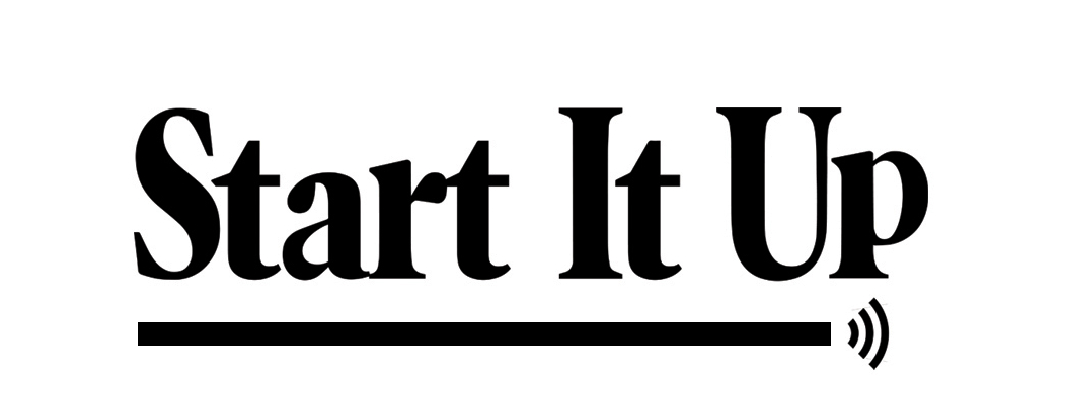The insurance experience is terrible, but it doesn’t have to be. That’s the claim being made by Daniel Schreiber and Shai Wininger, co-creators of Lemonade, a platform which aims to utilize A.I. and behavioral economics to bring insurance to a new generation. In their inception of Lemonade, Schreiber and Wininger aimed to solve the root cause of the insurance industry’s faults—that being a clear conflict of interest. The bottom line, if you saved money the insurance company lost it.
Every late claim, every over-promise, every annoying ad, it all tied into a simple problem, the people you were hiring weren’t on your side. Their paycheck was dependent on not paying your claims, or at least making it very difficult. The solution was a redesign of the corporate structure that allowed for this conflict. Take a flat fee for services so that claims don’t impact Lemonade’s profits. Donate excess funds to good causes, creating a resistance against insurance fraud. Re-examine the structure and turn an industry into what it should be. We sat down with Lemonade’s Head of Content and Communication, Yael Wissner-Levy, and talked a bit more about making lemons into Lemonade.
Q. How would you define LEMONADE as a company in one phrase or a sentence?
A. Lemonade is a full-stack insurance company powered by AI and behavioral economics.
Q. What are your current product offerings?
A. Lemonade currently offers renters, condo, and homeowners insurance policies across seven states and counting.
Q. When and how did your journey begin? What is your origin story?
A. Lemonade cofounders Daniel Schreiber and Shai Wininger are both veterans of the tech ecosystem, but they knew nothing about insurance when they first started. It’s precisely that outlier, a tech-focused perspective that they brought to the insurance industry. It’s extremely difficult to change foundations from within an organization or an industry. When you know too much about a certain subject, that can bind your imagination and cap your creativity. It restrains you from taking that impossible route.
Lemonade was founded on the idea that the current state of the insurance industry is frustrating, outdated, brings out the worst in people, and that could be transformed using technology and behavioral economics.
Q. What are some of the hurdles the company faced and overcame to reach where it stands right now ?
A. When setting out to build Lemonade, it was clear that in order to create real change Lemonade would have to be a licensed insurance carrier, and not a broker. Daniel and Shai purposely chose New York as Lemonade’s first state to launch in. Beyond it being a financial capital, they wanted to work hand-in-glove with NY regulators and state legal system, as it’s known to be one of the most exacting in the world.
We wanted to push ourselves to get licensed in such a ‘strict’ state so that we would be able to replicate the licensing process in other states nationwide. So although we can attest that the NY regulatory environment is “tough,” it’s more fair to say they were exacting, thorough yet fair, and open to the game-changing innovation that Lemonade brings to the table. This paved the way to expand to other states.
Q. What are your company’s core values? What drives you to do what you do?
A. One of the factors that stood out when building Lemonade was the lack of transparency and conflicted interests. It was mind boggling that an industry that is performing such an important societal role is perceived so negatively. Insurance fraud is a serious symptom of this. That’s why we made transparency and overcoming conflicts of interest a significant pillar of Lemonade.
We also made social good an overarching mission of Lemonade. By giving underwriting profits to nonprofits, social good is built into our business model and not just marketing fluff. We like to think of Lemonade as ‘the oldest new idea’ in insurance- on the one hand, injecting technology into this industry, and on the other, bringing insurance back to what it used to be:community coming together in times of need.
“Social good is built into our business model.”
Yael Wissner-Levy
Head of Content and Communications, Lemonade
Q. What problem(s) is your company solving? How are you contributing to a larger social good?
A. We like to describe Lemonade as being built on artificial intelligence and behavioral economics. The two are distinct and complementary and are the core elements of our business model. A.I. displaces brokers and paperwork, reducing time, hassle and costs. Behavioral economics displaces fraud and conflict—reducing time, hassle and costs. The combination is powerful: aligned interests remove any motivation for not paying claims, and checks the inclination to defraud an insurer. That lowers the need for artificial intransigence and cumbersome paperwork, clearing the way for A.I to take over the underwriting and claims process.
The upshot is a process that is far more seamless, instantaneous, trusting and trustworthy. Lemonade’s flat-fee-based business model removes the “moral hazard” associated with insurance and introduces our social-good-driven mission. After you get a policy at Lemonade, we ask you to select a cause you care about most. Unclaimed money goes to that nonprofit of your choice at the end of the year. By building an insurance product that is based on social good, rather than a necessary evil, we can give back up to 40% of your premium to a cause you want to support.
Q. What is your long term vision of the company? Where do you see yourself in 5 years time? 10 years?
A. We’re not very good at predicting, but we see Lemonade as a global company, widening its product offering and geographical availability.
Learn more at lemonade.com

